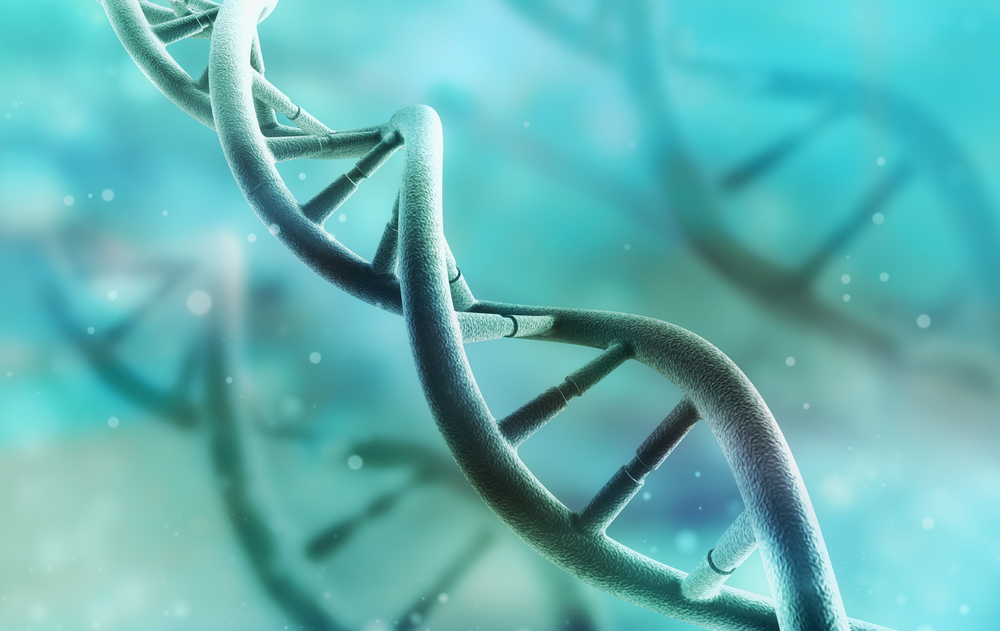PTC Seeks FDA Approval for Translarna to Treat Nonsense Mutation DMD

The U.S. Food and Drug Administration (FDA) acknowledged the filing over protest of PTC Therapeutics’ new drug application (NDA) for Translarna (ataluren) for the treatment of nonsense mutation Duchenne muscular dystrophy (nmDMD).
The FDA granted Translarna standard review and assigned a target date of Oct. 24, 2017 for the agency to complete the NDA review.
Translarna received marketing approval for nmDMD patients ages 5 and older in the European Union in August 2014. The approval was renewed in January.
According to PTC’s press release, “PTC used the FDA’s file over protest regulations to file the NDA. These regulations allow a company to have its NDA filed and reviewed following receipt of a refuse to file determination.”
Because conditional marketing authorizations are subject to annual reassessment and renewal, PTC will conduct a new 18-month trial evaluating Translarna in nmDMD patients, followed by another 18-month open-label extension period. Results will most likely be out by early 2021.
The trial is expected to be similar to the ACT DMD trial (NCT01826487), a Phase 3 study of Translarna in 228 patients in 18 countries.
Following the E.U. regulatory pathway, PTC is seeking approval to market the protein restoration therapy for the treatment of nmDMD in the U.S.
“We look forward to working closely with the FDA and the DMD community to bring this much-needed therapy to patients,” said Stuart W. Peltz, PhD, PTC Therapeutics’ CEO.
“We believe that the totality of clinical data in our NDA, which includes the results of two of the largest placebo-controlled DMD clinical trials ever conducted, demonstrates Translarna’s benefits to patients and merits a full and fair review by the FDA, including an advisory committee meeting,” he said.
Translarna is designed to restore production of a functioning protein in patients with nonsense mutation inherited disorders like nmDMD. Nonsense mutations are estimated to occur in about 13 percent of DMD cases.
A nonsense mutation is an alteration in the genetic code that stops the synthesis of an essential protein ahead of time. The disorder resulting from the mutation is determined by which protein cannot be expressed or is dysfunctional. In DMD, this protein is dystrophin, critical to the structural stability of skeletal, diaphragm and heart muscles.
Subscribe to Muscular Dystrophy News today to receive our free, weekly newsletter directly in your email inbox and receive all the updates regarding the marketing authorization of Translarna in the U.S.






